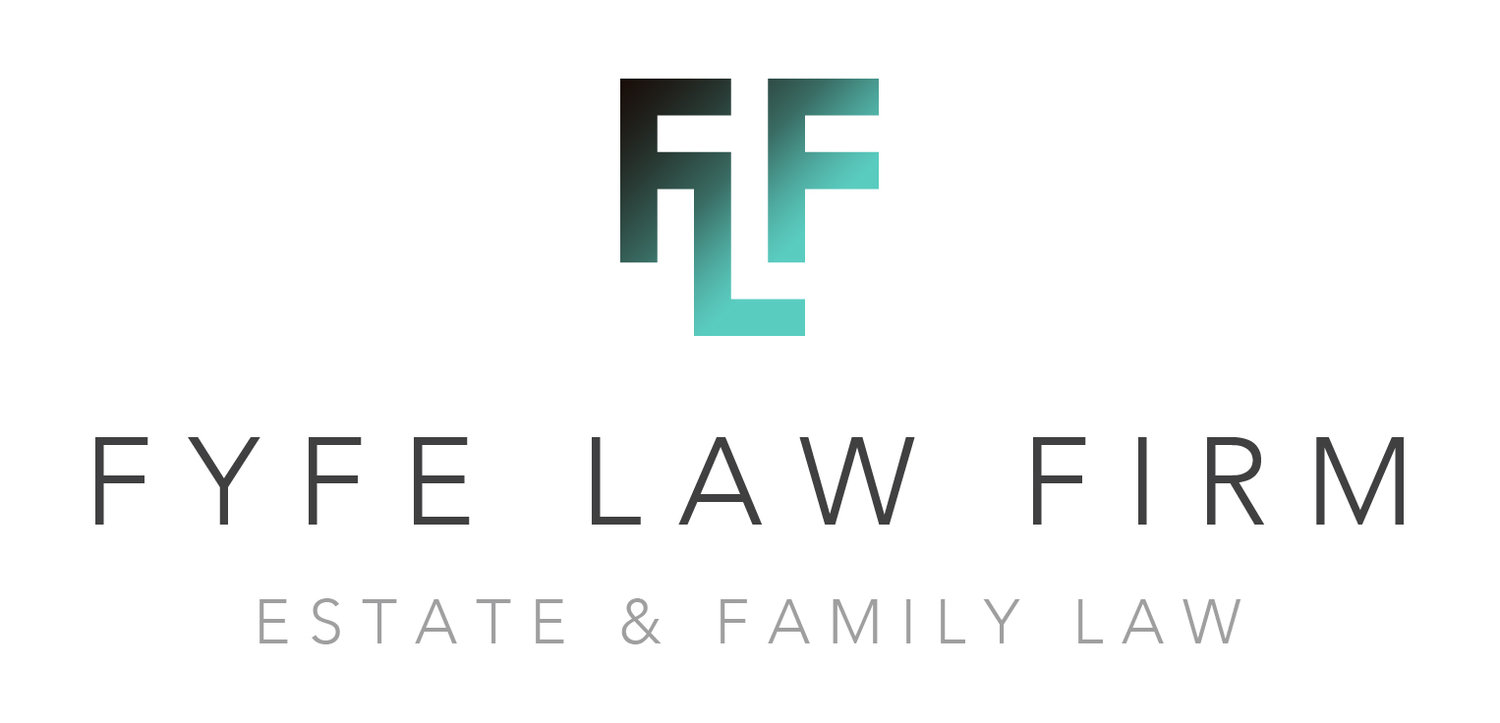Domestic Violence Restraining Order
A domestic violence restraining order (DVRO) is a court order issued to stop abuse from continuing. Abuse is:
- Causing (or trying to cause) physical injury.
- Sexual assault.
- Fear of imminent serious bodily injury to you.
- Behavior such as molesting, attacking, hitting, stalking, threatening, harassing, destroying personal property, or disturbing the peace.
The act(s) of abuse/violence must have been within 30 days. You must have a close personal relationship with the party you are asking to be restrained to obtain a domestic violence restraining order. These relationships include marriage, a dating relationship, children in common, relation by blood, marriage, or adoption (mother, father, in-laws, siblings, adult children), or you must have lived with this person as "household" members.
If you share a child with the party you are seeking to be restrained, you may seek custody orders within the domestic violence proceeding.
First you will need to obtain a temporary restraining order (TRO). This can be obtained by submitting the proper paperwork, with the proper grounds for a restraining order, without the other party present.
If the TRO is granted, there will be a full hearing for the permanent restraining order, where the opposing party will have an opportunity to defend themselves. Permanent restraining orders aren't actually "permanent." The order can be granted for up to 5 years. However, it can be renewed prior to their expiration if the threat still continues. Be sure to get it renewed before it expires.
Civil Restraining Order
A civil restraining order may be a viable option when dealing with harassment by someone you are not in a close personal relationship with (close personal relationship is defined above). Harassment is defined as unlawful violence (assault, battery, or stalking) or a credible threat of violence that seriously scares, annoys, or harasses someone without legitimate reason.
A civil restraining order can enjoin a person from harassing; intimidating; molesting; attacking; striking; stalking; threatening; sexually assaulting; battering; abusing; telephoning, including, but not limited to, making annoying telephone calls to; destroying the personal property of; contacting, either directly or indirectly, by mail or otherwise; coming within a specified distance of; or disturbing the peace of the person seeking the order.
Consequences of a Restraining Order
The issuance of a restraining order can cause serious negative consequences for the restrained person. While the immediate and obvious impact is that the restrained person must stay away from and have no contact with those protected in the restraining order, a restraining order can also have negative consequences on employment, housing, child custody, spousal support, gun ownership, and criminal proceedings.
Therefore, whichever end you find yourself on in these situations, it is important to contact an attorney at Fyfe Law Firm quickly before it is too late to either pursue or defend yourself from a restraining order. We will advocate for you and fight for your best interests in court. Call us at (858) 412-7714.

